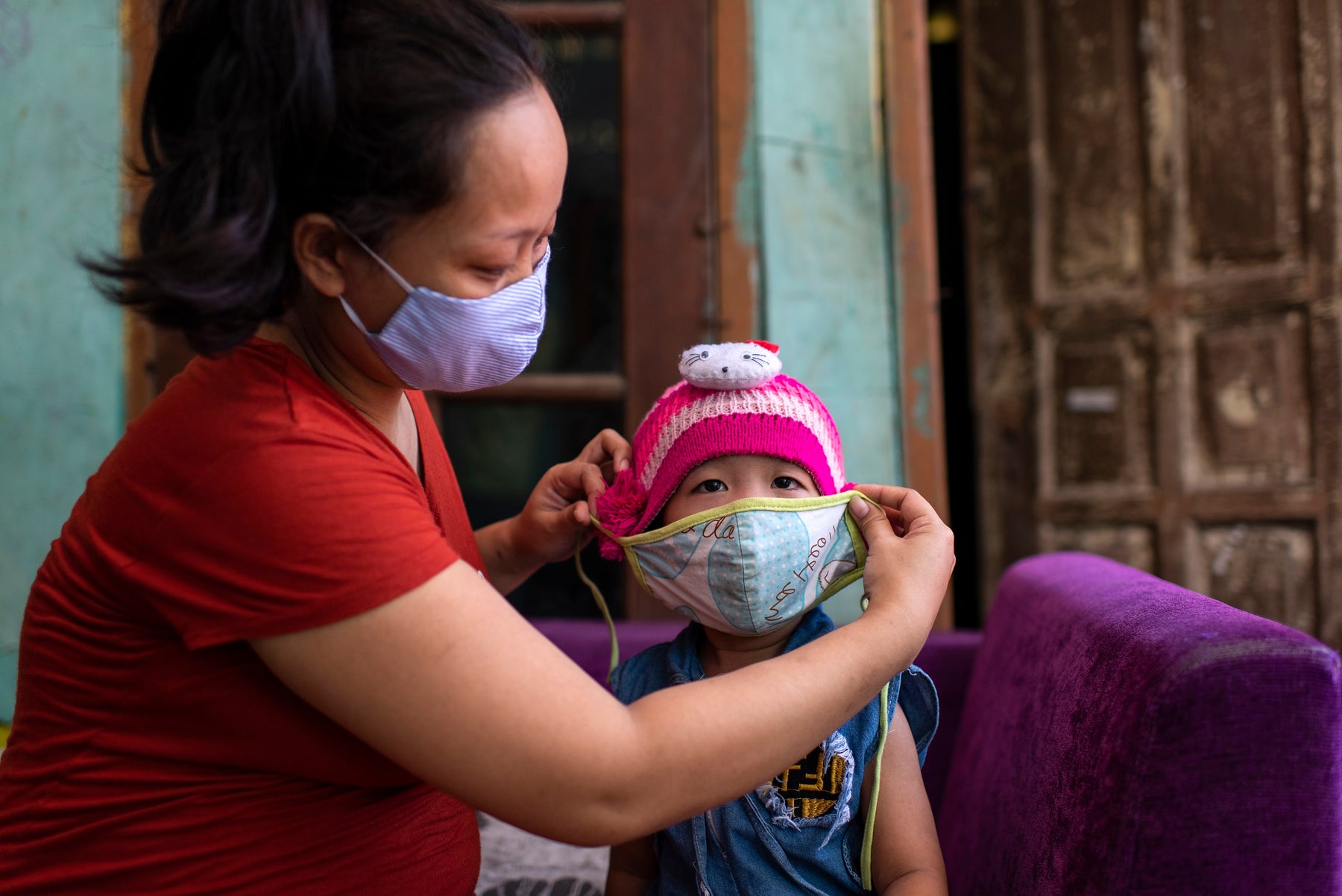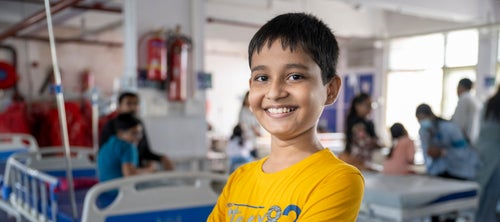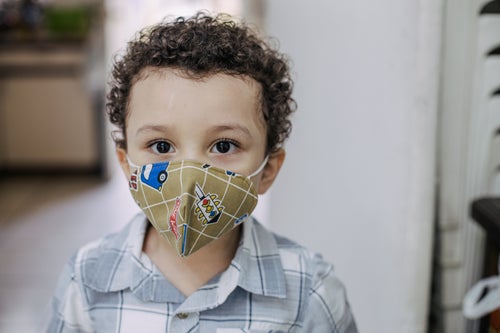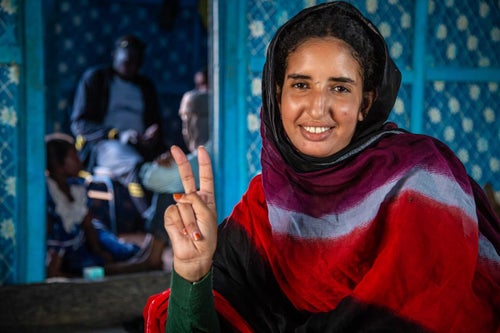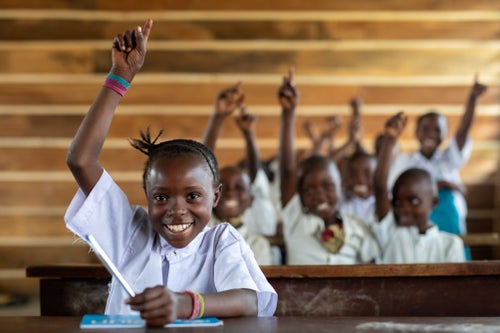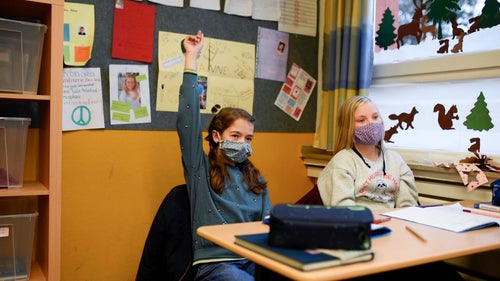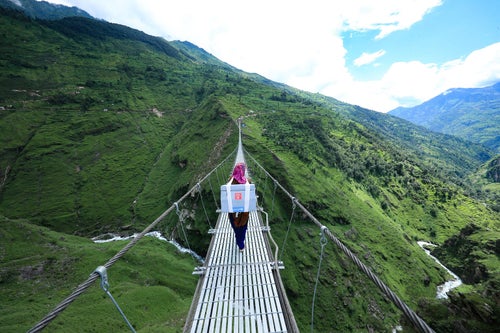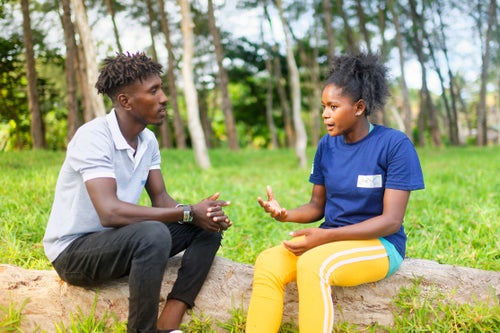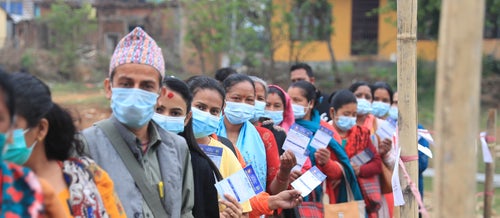COVID-19 has brought massive challenges this year. From supply shortages to transport constraints, getting support to the countries who need it most has been more difficult and more important than ever. Despite these challenging times, UNICEF is working tirelessly to protect our close neighbours as we all fight the spread of COVID-19.
1.Handwashing in the Rohingya refugee camps, Bangladesh
With COVID-19 impacting more and more countries around the world, good hygiene is more important than ever.
When Rohingya children first arrived in Bangladesh in 2017, there were no basic water or sanitation facilities in place, let alone soap or safe water to wash their hands. UNICEF and partners raced to set up basic water, sanitation and hygiene services to protect hundreds of thousands of children and their families.
The risk for any infectious disease transmission is high in the densely populated refugee camps, which are home to 850,000 refugees, over half of whom are children. Stopping the spread of COVID-19 is paramount to the safety of this already vulnerable community.
That is why UNICEF is providing water and soap, and teaching children to wash their hands. As part of life-skills education, over 216,000 children in the Rohingya camps in Cox's Bazar have learned to practice handwashing every day.
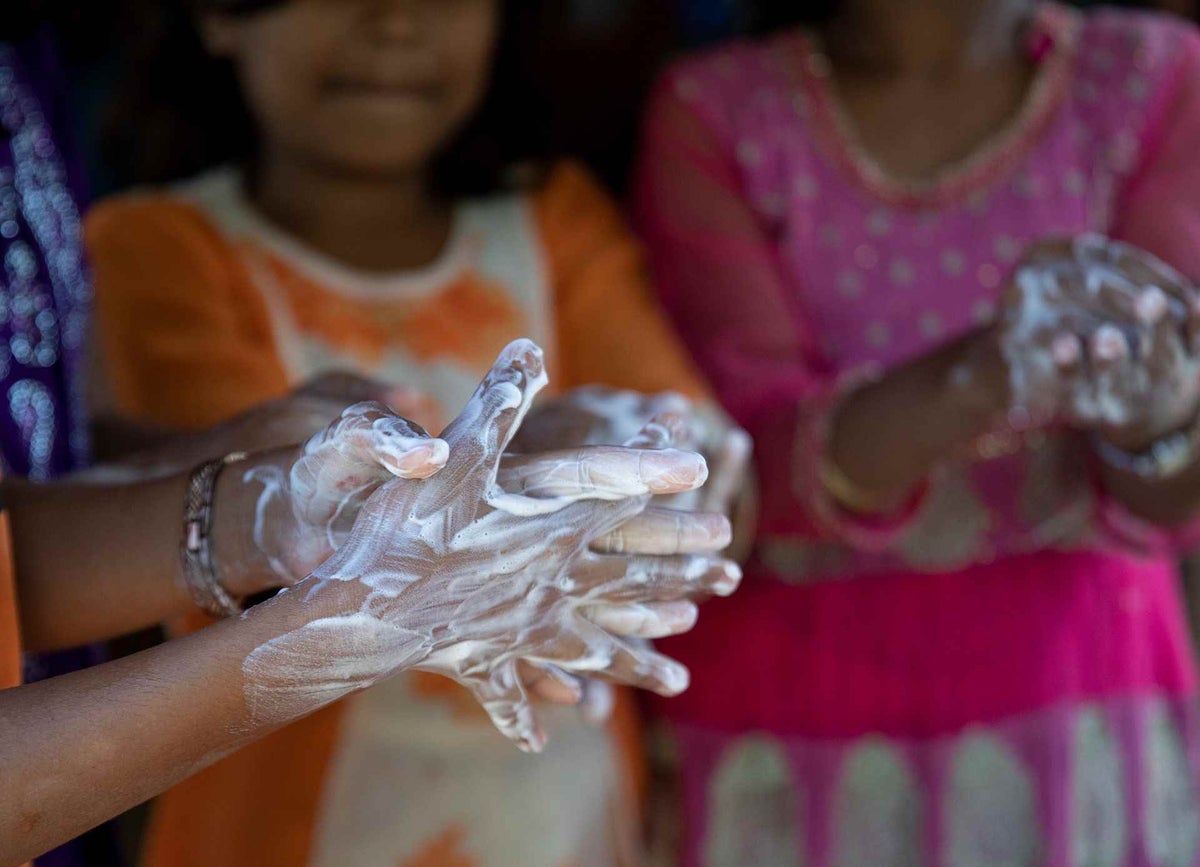
2. The radio station supporting health workers around the Pacific
UNICEF is working to support essential healthcare workers as they protect whole communities from the spread of COVID-19. A new radio show is connecting healthcare workers around the Pacific to training and updated information as they continue to deliver essential health services on the front lines of COVID-19.
The program will air in Fiji, Samoa and many other countries around the region, ensuring over 5,000 frontline healthcare workers in remote and rural areas have access to up-to-date information so they can provide the best care possible.
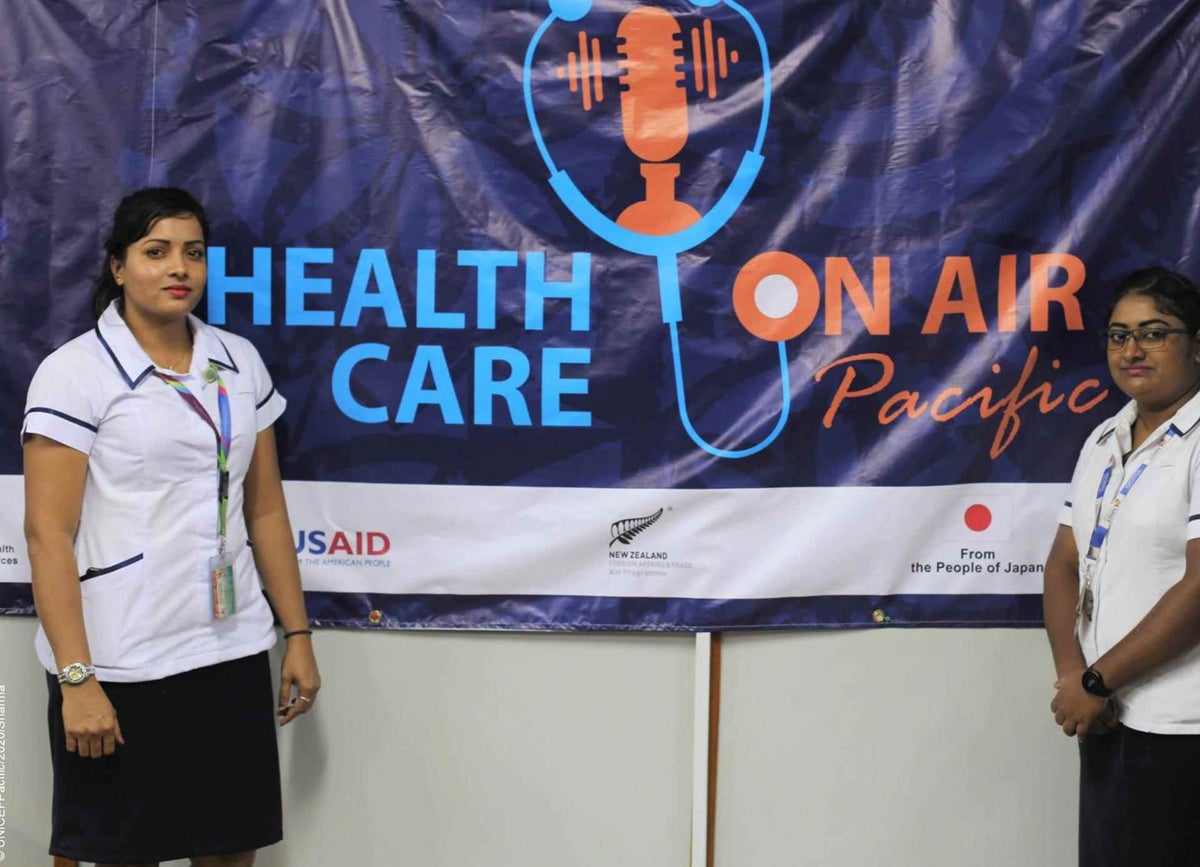
3. Risk communication in Cambodia
Accurate information is more critical than ever. In response to the pandemic, UNICEF Cambodia is working to stop the spread by reaching the community with accurate health information on personal hygiene and sanitation practices.
Personal hygiene is the essential first line of defence against the spread of the virus, so UNICEF is delivering essential information on the risks of COVID-19 and how to stay safe, mentally, physically and emotionally during this unprecedented time.
The messages are being distributed around schools and community centres; having already reached approximately 10 million people of Cambodia’s 16 million population.
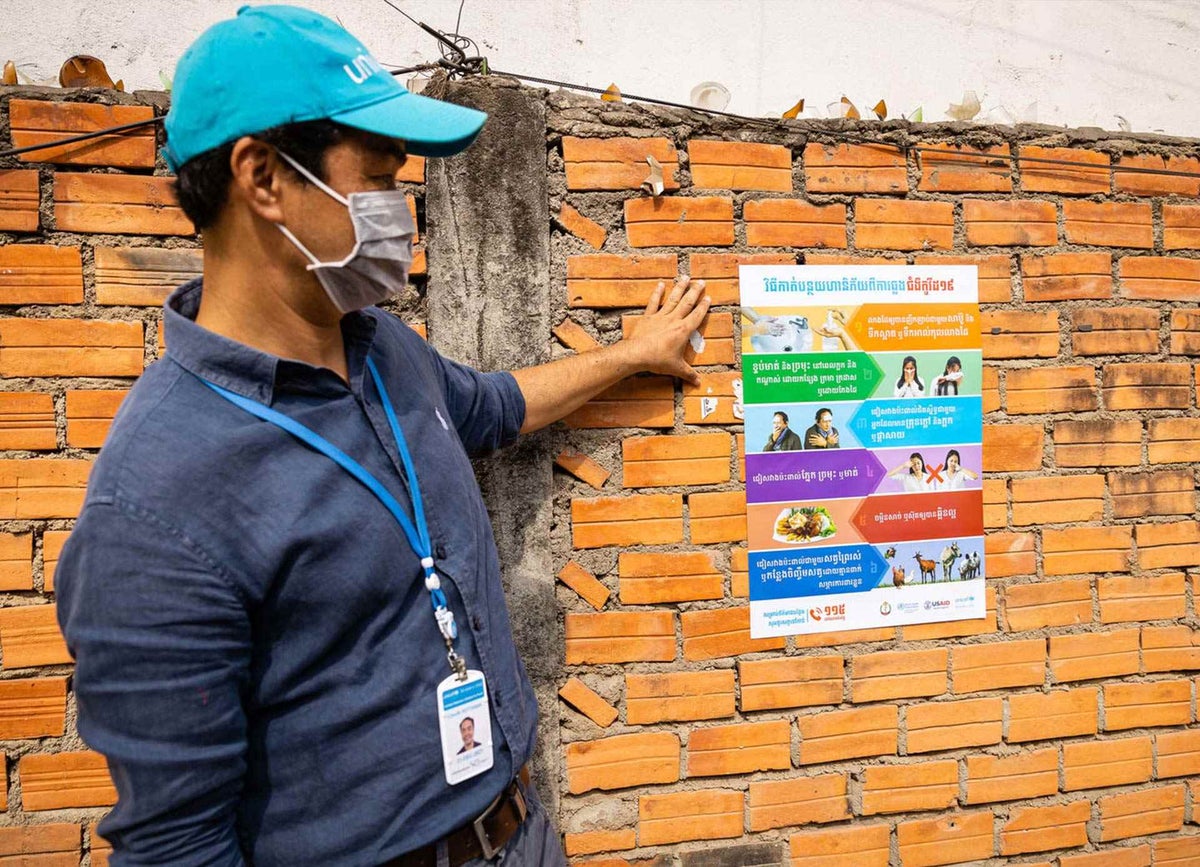
4. Returning to school in Vietnam
Never in global history has there been a time when so many children have had their education disrupted. In Vietnam, UNICEF is supporting children's safe and gradual return to school, with new preventive health measures being taken by both teachers and students.
By adopting new habits, teachers and students will help to prevent the spread of the virus in schools and the wider community. These new practices include mandatory body temperature checks, supplying essential medical equipment such as hand sanitisers and soaps, and social distancing measures in the classroom.
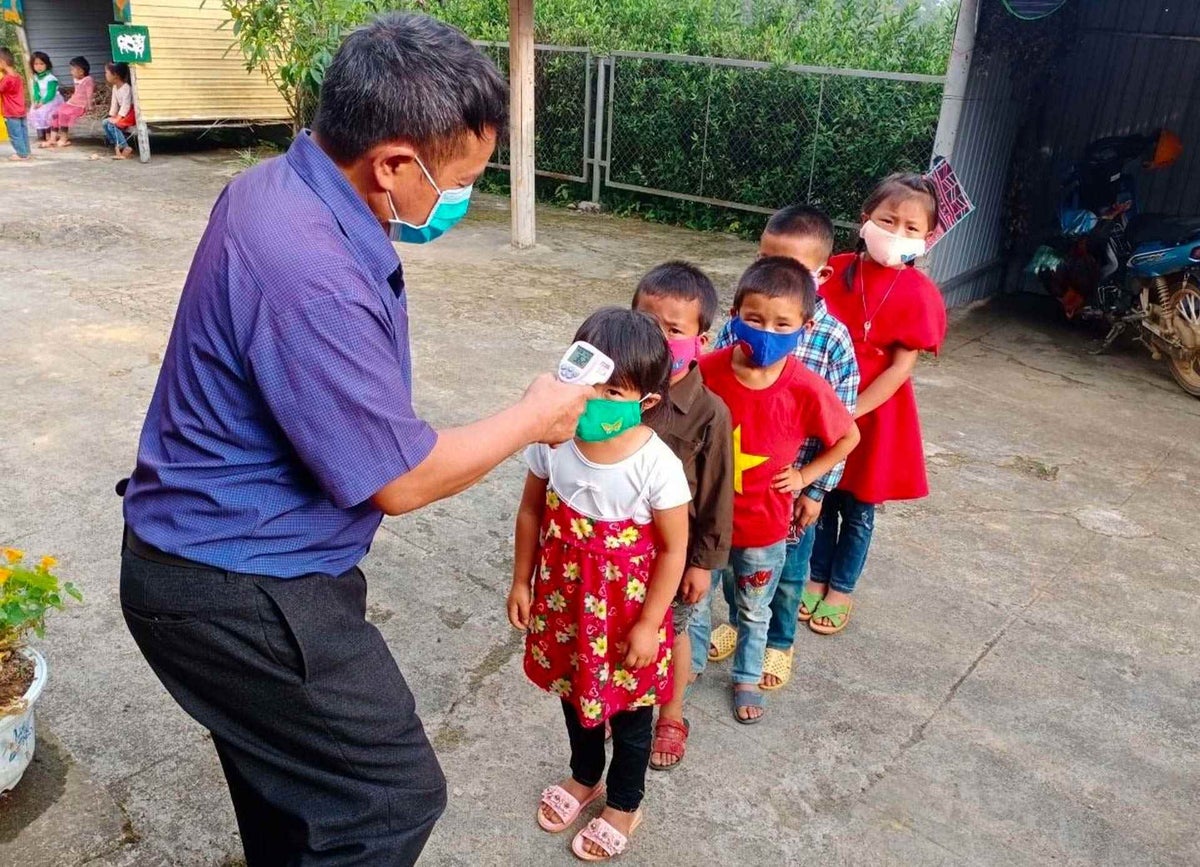
5. Delivering supplies to Timor-Leste
Essential PPE supplies are now on their way from a warehouse in Sydney to Timor-Leste where they will be used to protect the community against a potential coronavirus outbreak. With just seven doctors per 10,000 people and only one ICU bed in the entire country, a severe outbreak could be devastating for Timor-Leste's already weak health system.
The shipment to Timor-Leste includes almost 400 boxes of items like face masks, protective suits, and gloves.
So far this year, UNICEF has shipped critical personal protective equipment (PPE) supplies to over 100 countries to support their response to the pandemic, including 7.5 million surgical masks, 2.8 million N95 respirators, nearly 10 million gloves, over 830,000 gowns, and nearly 600,000 face shields. No matter how challenging the situation, UNICEF is there to support vulnerable children in need.
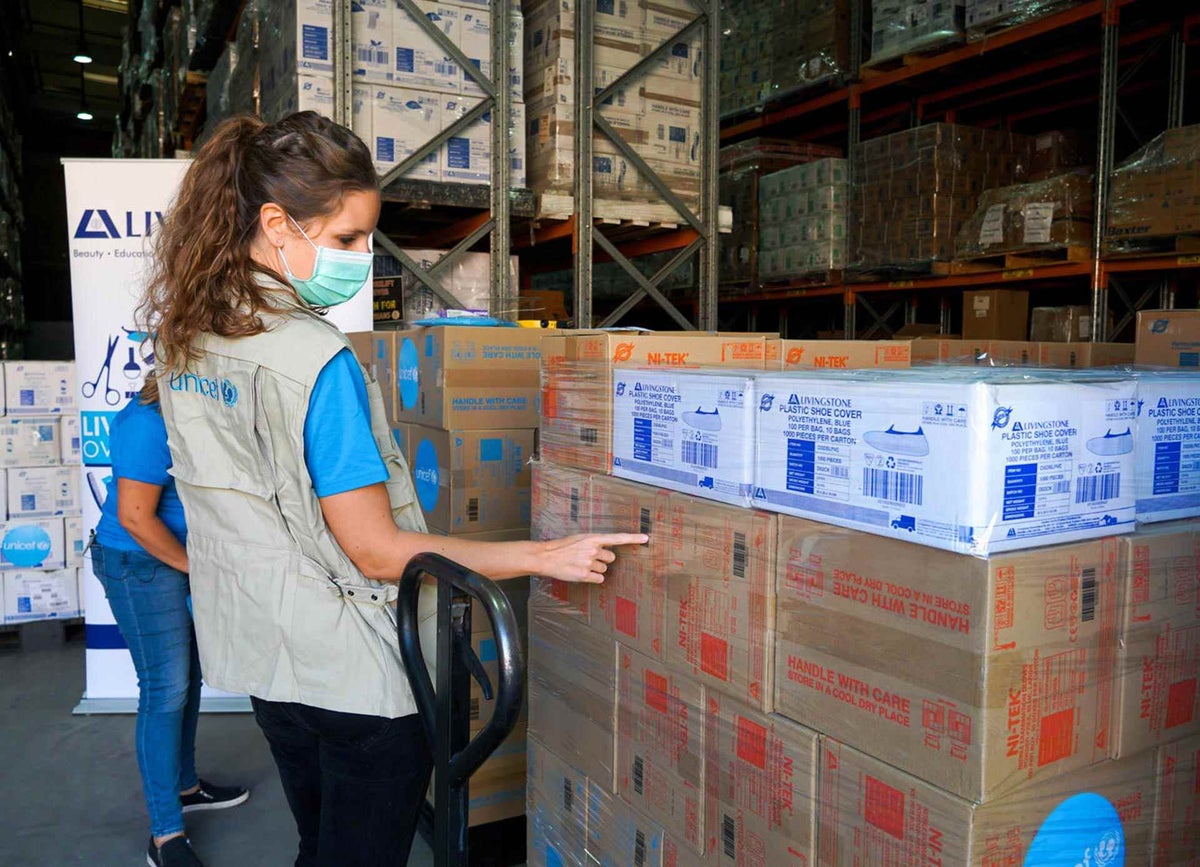
Related articles
Stay up-to-date on UNICEF's work in Australia and around the world



